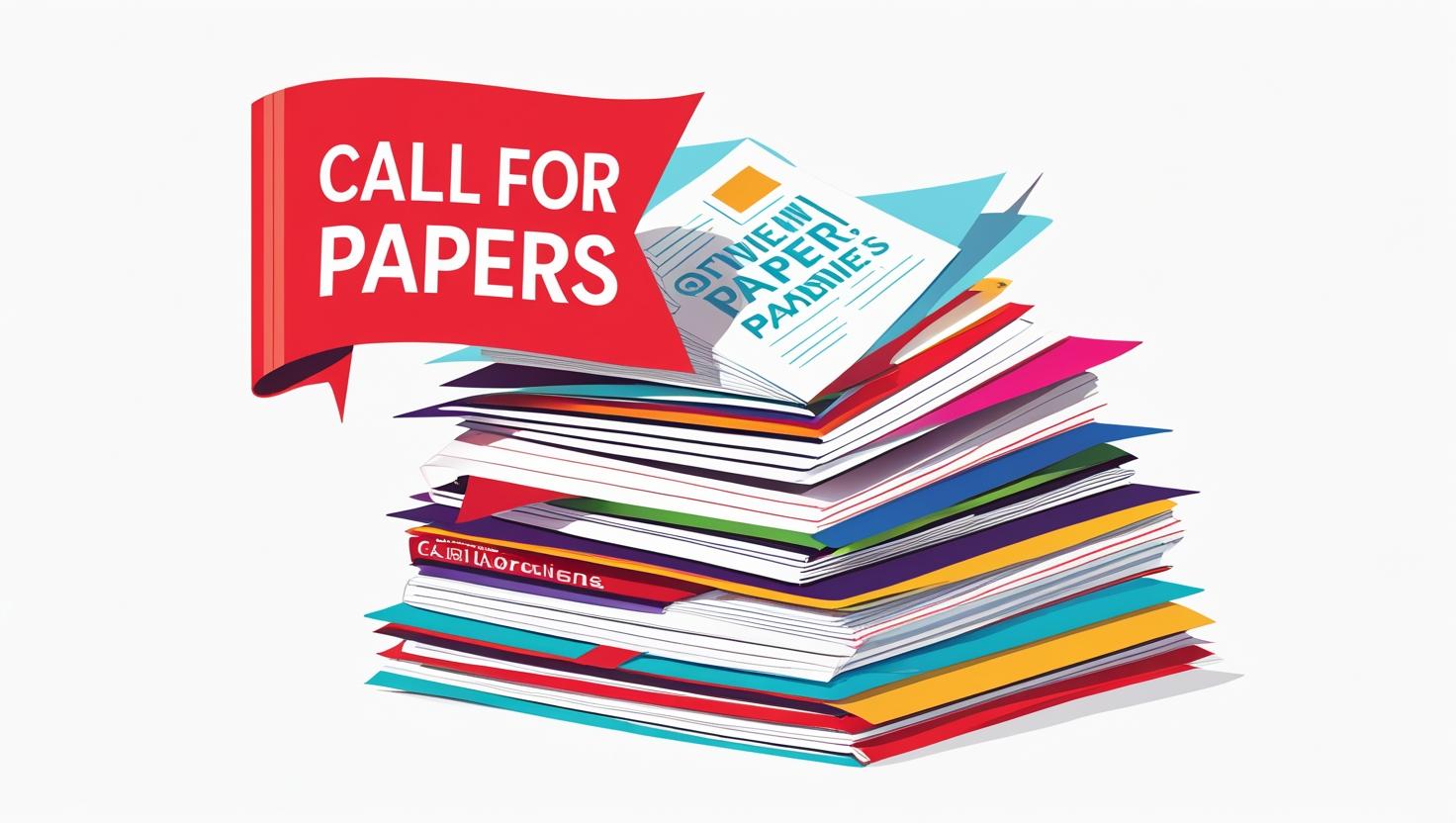
Publications Ethics
International Journal of Health Science & Biomedicine is committed to maintain the best level of integrity within the content published in the journal. International Journal of Health Science & Biomedicine is following all the principles on the way to affect acts of misconduct thereby committing to research allegations of misconduct to make sure the integrity of research.
Publication Ethics and Responsibilities Ethical standards are the foundation of scholarly publishing, essential for maintaining the integrity, credibility, and trust of the global research community. Authors, reviewers, editors, and publishers each play a vital role in upholding these standards to ensure the quality, originality, and authenticity of the published literature.
Editorial Ethics and Responsibilities
The editorial process is guided by the principles outlined in the Committee on Publication Ethics (COPE) Code of Conduct and Best Practice Guidelines for Journal Editors and Publishers. The Editor-in-Chief, supported by the editorial board, oversees the integrity of the editorial process.
Editor’s Key Responsibilities:
• The Editor-in-Chief has full authority to accept or reject submissions, based on their alignment with the journal’s aims and scope.
• Editors must evaluate manuscripts objectively, focusing on their scientific merit, originality, and relevance.
• Once assessed, manuscripts are forwarded for peer review, and decisions are made in accordance with reviewers’ recommendations.
• Confidentiality must be maintained throughout the review process; editors should ensure the anonymity of authors and reviewers to avoid bias.
• Editors are responsible for using recognized plagiarism detection tools to assess originality.
• Any conflicts of interest, whether personal, institutional, or financial, must be disclosed.
• Editors must recuse themselves in such cases to maintain impartiality. Editors must never use unpublished information from submitted manuscripts for personal advantage.
• Proofreading and formatting must be done in accordance with the publisher’s style guidelines, with collaborative efforts between editor and author to ensure accuracy.
• Editors are also accountable for ensuring all published content complies with copyright, ethical research practices (involving human, animal, and environmental rights), and editorial policies.
Reviewer Ethics and Responsibilities
Reviewers play a critical role in the peer review process, helping to improve the quality of submitted manuscripts through expert evaluation and constructive feedback.
Reviewer’s Key Responsibilities:
• Reviewers must be subject matter experts and commit to objective, unbiased evaluation.
• They must ensure timely delivery of reviews to avoid delays in the publication process.
• All reviews must remain confidential; reviewers should not disclose any part of the review or manuscript to third parties.
• Reviewers must identify any form of plagiarism, data manipulation, or ethical misconduct.
• They should offer insightful feedback to enhance the scholarly value of the manuscript, including assessment of references, citations, and methodology.
• Any conflicts of interest-financial, institutional, or personal—must be disclosed, and reviewers should decline to review such submissions.
• Reviewers must refrain from reviewing manuscripts where they have close personal or professional ties with any of the authors.
Author Ethics and Responsibilities
Authors are central to the publication process, responsible for submitting original, ethical, and scientifically sound research.
Author’s Key Responsibilities:
• Manuscripts must be original and not under consideration elsewhere. Any overlap with previously published work must be disclosed.
• Plagiarism, data fabrication, and falsification are strictly prohibited.
• Proper attribution and citation of all sources must be ensured.
• Images, figures, or third-party materials must be used with appropriate permissions.
• Authors must not engage in citation manipulation for personal or professional gain.
• All contributors listed as authors must have significantly participated in the research and agree with the manuscript’s content.
• Disclosure of any funding, institutional support, or potential conflicts of interest is mandatory.
• Research involving human participants or animals must comply with ethical guidelines. Informed consent must be obtained, and ethical approvals must be clearly stated.
• Authors are expected to respond constructively to post-publication comments and correct any errors or inaccuracies identified in their published work.
Publisher’s Ethical Responsibilities
The publisher is ultimately accountable for the integrity of all published material and must adhere to international standards of ethical publishing.
Publisher’s Key Responsibilities:
• Ensure all published content complies with legal and ethical norms, including copyright laws and privacy regulations.
• Collaborate with editors to address misconduct, including plagiarism and violations of copyright or ethical standards.
• Publish corrections or retractions promptly where necessary.
• Provide open and equitable access to published content, without discrimination on the basis of gender, ethnicity, nationality, religion, or any other personal characteristic.
• Support long-term digital preservation, archiving, and availability of published work in collaboration with relevant repositories and indexing services.
• Clearly communicate the journal’s editorial and publication policies to all stakeholders.
Adhering to these ethical standards helps foster a transparent, trustworthy, and credible academic publishing environment. All stakeholders are encouraged to remain vigilant, responsible, and committed to upholding the highest standards of integrity in scholarly communication.
